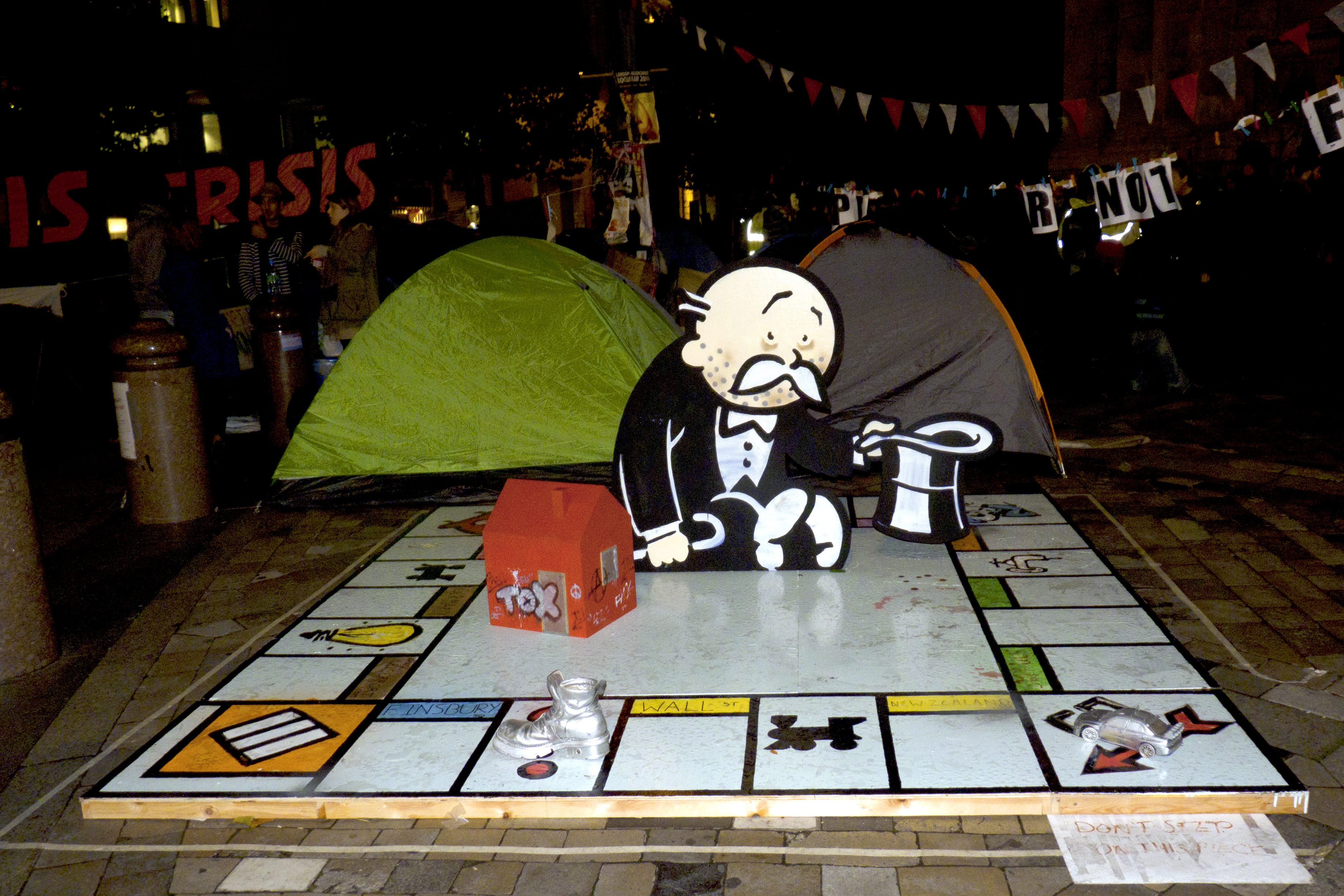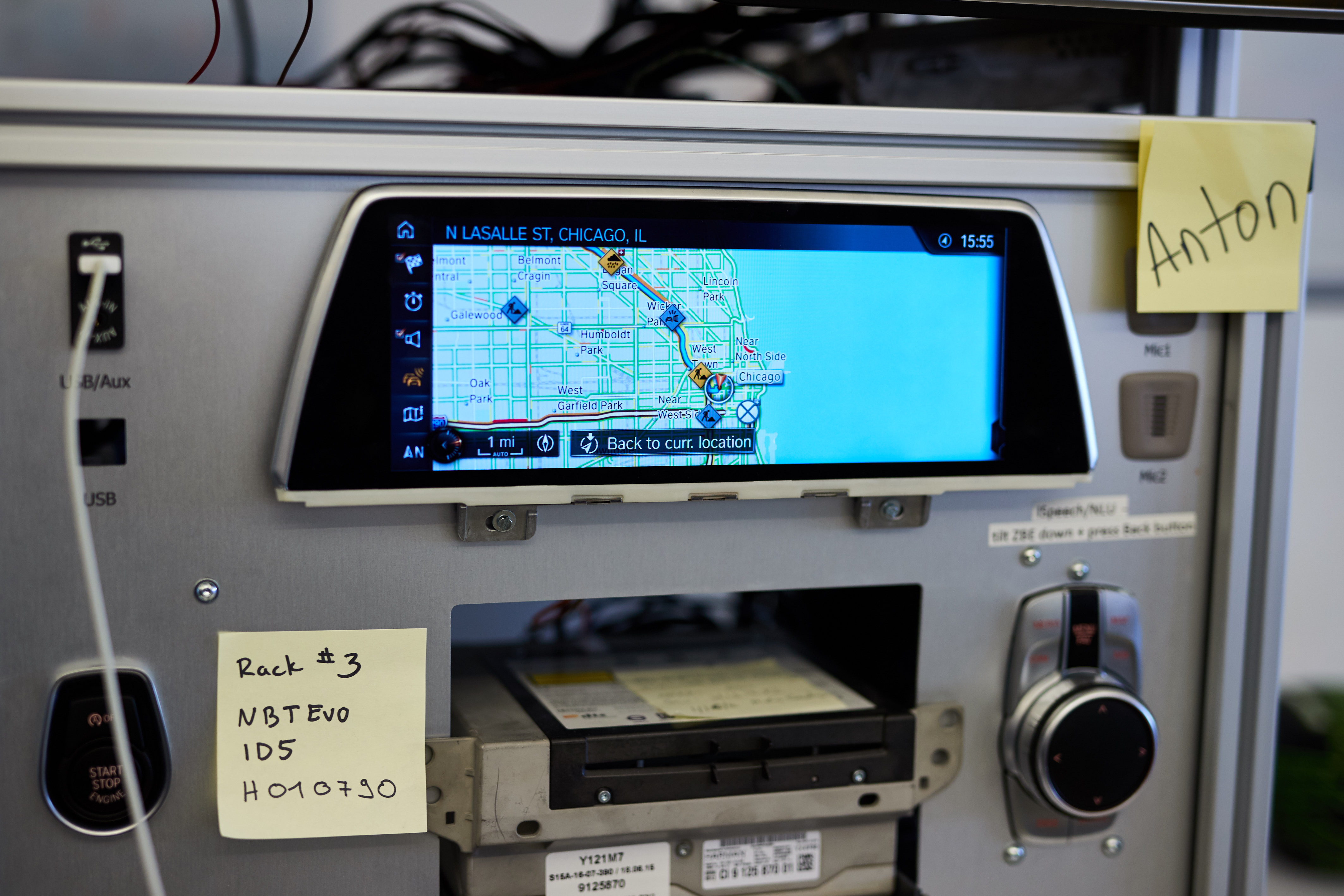
2017 has not been a good year for good news in the startup world. VCs repeatedly sexually harassing founders, often over a period of years. Products that are dangerous, stupid or a mix of both. Company executives breaking the law in pursuit of delirious growth. Dumb product launches that insult whole ethnic groups. Hiring models for parties to disguise tech’s massive gender problem. The shameful list goes on.
Every one of these stories has been incredibly important and valuable, and I stand stupefied at the sheer level of bad behavior and deep insensitivity that exists in our industry. Clearly, we all have a lot of work to do.
Yet as the tech press has increasingly turned up the negative tenor of startup coverage, the general skepticism we have for startups has become more and more palpable. And unlike any other industry, skepticism is a very bad quality for building the next-generation of compelling technology that can create a more abundant, just, and equal world.
Clearly, we should not be sexually assaulting others, or making transphobic comments, or any of a myriad of other absolute no-go actions. But what about creating an artificial intelligence trucking startup that might put hundreds of thousands of workers out of a job, but decreases shipping costs for every consumer? Is that evil or an unalloyed good or something in between?
I was thinking about these nuances as I read Erin Griffith’s fantastic piece in Wired yesterday about the challenges facing our industry. I think it is great, and you should really read it.
Griffith argues that there is greater skepticism of the benefits of new innovation as we have learned more about what startups have built. “Outside the bubble, things are different. We’re not egging on startups that willingly flaunt regulations. We’re wary of artificial intelligence and its potential to eliminate jobs. We’re dubious of tech leaders’ promises to make their products safe for their kids to use.”
Looking at history, I would say to every potential founder and innovator: keep going. Keep building products against the criticism. Keep pushing the frontier forward.
It’s the corrosive culture of startups that is most to blame. “As headlines have exposed the troubling inner workings of company after company, startup culture no longer feels like fodder for gentle parodies about ping pong and hoodies. It feels ugly and rotten.”
Even worse, despite all of the criticism of the past few years, very little has changed with that culture:
Critics from the government, the media, and watchdog groups are calling for regulation, be it antitrust, compliance, or transparency around advertising. Some execs are beginning to acknowledge their personal roles in the shift. But for a lot of them, it’s business as usual. They are still preparing their apocalypse bunkers. They’re still privately wondering if the sexual harassment accusations are turning into a witch hunt. They’re still hiring models to fill their holiday parties. They’re still one-upping one another at Burning Man. They’re still asking if it’s possible do something, and not whether they should.
With that last line, Griffith has given us the challenge for startups going forward. How do we balance what we can do with what we should do?
Griffith is right that we need to be cognizant of the effects that our products have on people, but there are also real costs to this sort of skepticism that need to be recognized.
Pessimism is not an ingredient in the alchemy of building a startup. Startups are, by their very definition, optimistic ventures, often completely foolish ones that saner souls would be wise to steer clear of. It takes a surfeit of positive thinking to even begin to go in an innovative direction rather than just accept society for what it is.
My concern is that as we have become more critical of the effects of technology, we are starting to shut down potential innovation before it even gets started.
The kind of vituperative attacks we see today on the startup industry are neither novel nor unique. Throughout the 1960s as the Vietnam War heated up, protesters regularly fought against the rise of computing, which was concentrated on university campuses and often involved in classified work for the Defense Department. As just one stylized example from that time, Sterling Hall at the University of Wisconsin-Madison was bombed by protesters to prevent this sort of research from continuing.
Yet, few of us today would say that we should have just stopped the development of computers and gone back to a pre-digital time. While we should not have used computers to increase civilian casualties, we could use computers to confront some of the toughest scientific and medical problems that exist. That’s precisely the challenge of most technology: every new invention can have multiple uses, and both the best positive use and the worst negative use are often not easy to scry ahead of time.
Take a frontier technology today like genetic engineering. To some critics, genetic engineering and life extension technology will lead to a dystopian world where the rich are able to enjoy infinite lives of luxury and leisure, while an underclass of workers keep society propped up and are regularly exterminated to be replaced with another batch.
But genetic engineering can also save the lives of potentially billions of people, and improve the lives for countless others. What are their lives worth? What if genetic engineering improves our ability to grow artificial meat, protecting livestock and the animal kingdom? What other positive applications will the technology create that we can’t even imagine right now?
That challenge with the “can versus should” debate is that it is so hard to know at the point of an invention’s conception how it is all going to turn out. Technology isn’t some juggernaut. Its use is mediated by our cultural and societal norms and behaviors. We do have some control over how we wield these things.
Looking at history, I would say to every potential founder and innovator: keep going. Keep building products against the criticism. Keep pushing the frontier forward.
But keep in mind how you can move the needle to make the world a bit more fair, a bit more just. Consider whether safety mechanisms are important earlier in a product’s life than later. Build a better internal culture that understands the awesome power of innovation for both good and evil, and works toward good. But keep on moving, for ultimately, our society is an unfinished project — and we shouldn’t stop here.
Featured Image: anuuska/Flickr UNDER A CC BY-SA 2.0 LICENSE
Published at Sun, 17 Dec 2017 18:53:36 +0000





